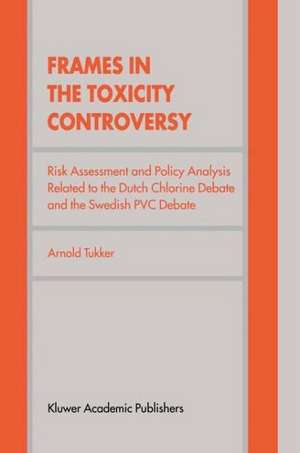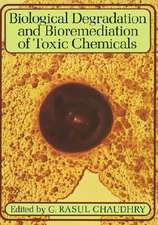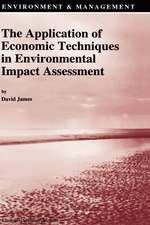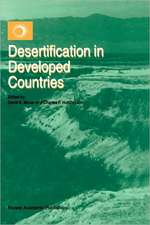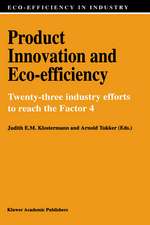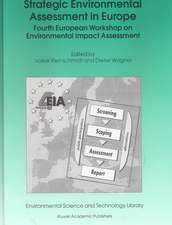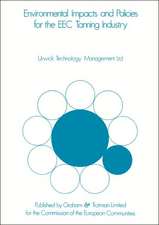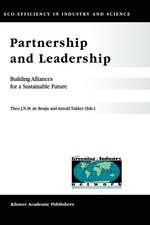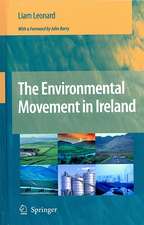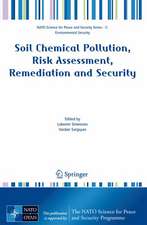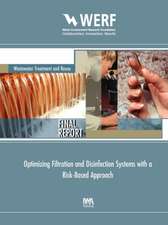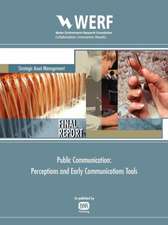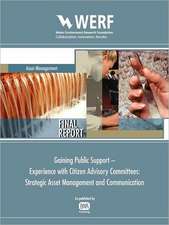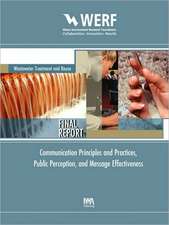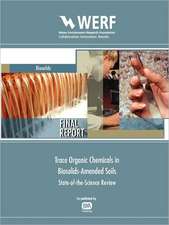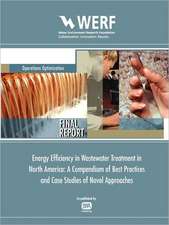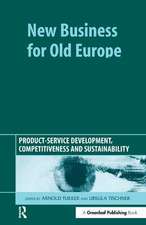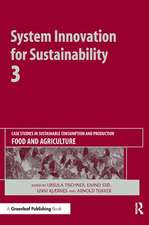Frames in the Toxicity Controversy: Risk Assessment and Policy Analysis Related to the Dutch Chlorine Debate and the Swedish PVC Debate
Autor Arnold Tukkeren Limba Engleză Paperback – 4 oct 2012
| Toate formatele și edițiile | Preț | Express |
|---|---|---|
| Paperback (1) | 949.73 lei 6-8 săpt. | |
| SPRINGER NETHERLANDS – 4 oct 2012 | 949.73 lei 6-8 săpt. | |
| Hardback (1) | 955.88 lei 6-8 săpt. | |
| SPRINGER NETHERLANDS – 31 ian 1999 | 955.88 lei 6-8 săpt. |
Preț: 949.73 lei
Preț vechi: 1158.20 lei
-18% Nou
Puncte Express: 1425
Preț estimativ în valută:
181.72€ • 189.75$ • 150.07£
181.72€ • 189.75$ • 150.07£
Carte tipărită la comandă
Livrare economică 15-29 aprilie
Preluare comenzi: 021 569.72.76
Specificații
ISBN-13: 9789401059985
ISBN-10: 9401059985
Pagini: 408
Ilustrații: XVIII, 382 p.
Dimensiuni: 155 x 235 x 21 mm
Greutate: 0.57 kg
Ediția:1999
Editura: SPRINGER NETHERLANDS
Colecția Springer
Locul publicării:Dordrecht, Netherlands
ISBN-10: 9401059985
Pagini: 408
Ilustrații: XVIII, 382 p.
Dimensiuni: 155 x 235 x 21 mm
Greutate: 0.57 kg
Ediția:1999
Editura: SPRINGER NETHERLANDS
Colecția Springer
Locul publicării:Dordrecht, Netherlands
Public țintă
ResearchCuprins
1 Introduction.- 1.1 Man-made chemicals and society.- 1.2 The context of the toxicity controversy.- 1.3 The problem.- 1.4 Study approach.- 1.5 Structure of this book.- 2 The role of science in controversies.- 2.1 Introduction.- 2.2 The status of knowledge.- 2.3 Robustness of knowledge claims in environmental controversies.- 2.4 Views on frame conflict and its drivers.- 2.5 Decision making in frame conflict.- 2.6 Problem definition.- 3 The toolbox for evaluations of environmental performance.- 3.1 Introduction.- 3.2 The toolbox for environmental evaluations.- 3.3 System definition.- 3.4 Interpretation: a general framework.- 3.5 Interpretation: toxic effects.- 3.6 Conclusion: a review of the toolbox and its robustness.- 4 Chlorine in the Netheriands: an analysis of environmental bottlenecks and uncertainties.- 4.1 The chlorine debate.- 4.2 Goal and approach.- 4.3 Methodology.- 4.4 Results: identifiable environmental bottlenecks.- 4.5 Results: the uncertainties concerning the impacts of chlorine.- 4.6 Conclusions.- 5 PVC in Sweden: an analysis of environmental bottlenecks.- 5.1 The PVC debate.- 5.2 Goal and approach.- 5.3 Methodology.- 5.4 Results.- 5.5 Conclusions.- 6 The Dutch chlorine debate.- 6.1 Introduction.- 6.2 Approach of the analysis.- 6.3 The actors in the Dutch chlorine debate.- 6.4 The Dutch chlorine debate.- 6.5 Analysis and conclusions.- 7 The Swedish PVC-debate.- 7.1 Introduction.- 7.2 Approach of the analysis.- 7.3 The actors in the Swedish PVC debate.- 7.4 The Swedish PVC debate.- 7.5 Analysis and conclusions.- 8 Conclusions.- 8.1 Introduction.- 8.2 The frames and driving factors.- 8.3 Robustness of knowledge claims and environmental evaluation tools.- 8.4 The process of decision making.- 9 Reflections and recommendations.- 9.1 Introduction.- 9.2 Suggestions for decision making in toxicity policy.- 9.3 Suggestions for decision making about chlorine and PVC.- 9.4 Recommendations for the generation of robust knowledge.- 9.5 Recommendations on the process of decision making.- 9.6 The final word: towards robust decision making in toxicity policy?.- Literature.
